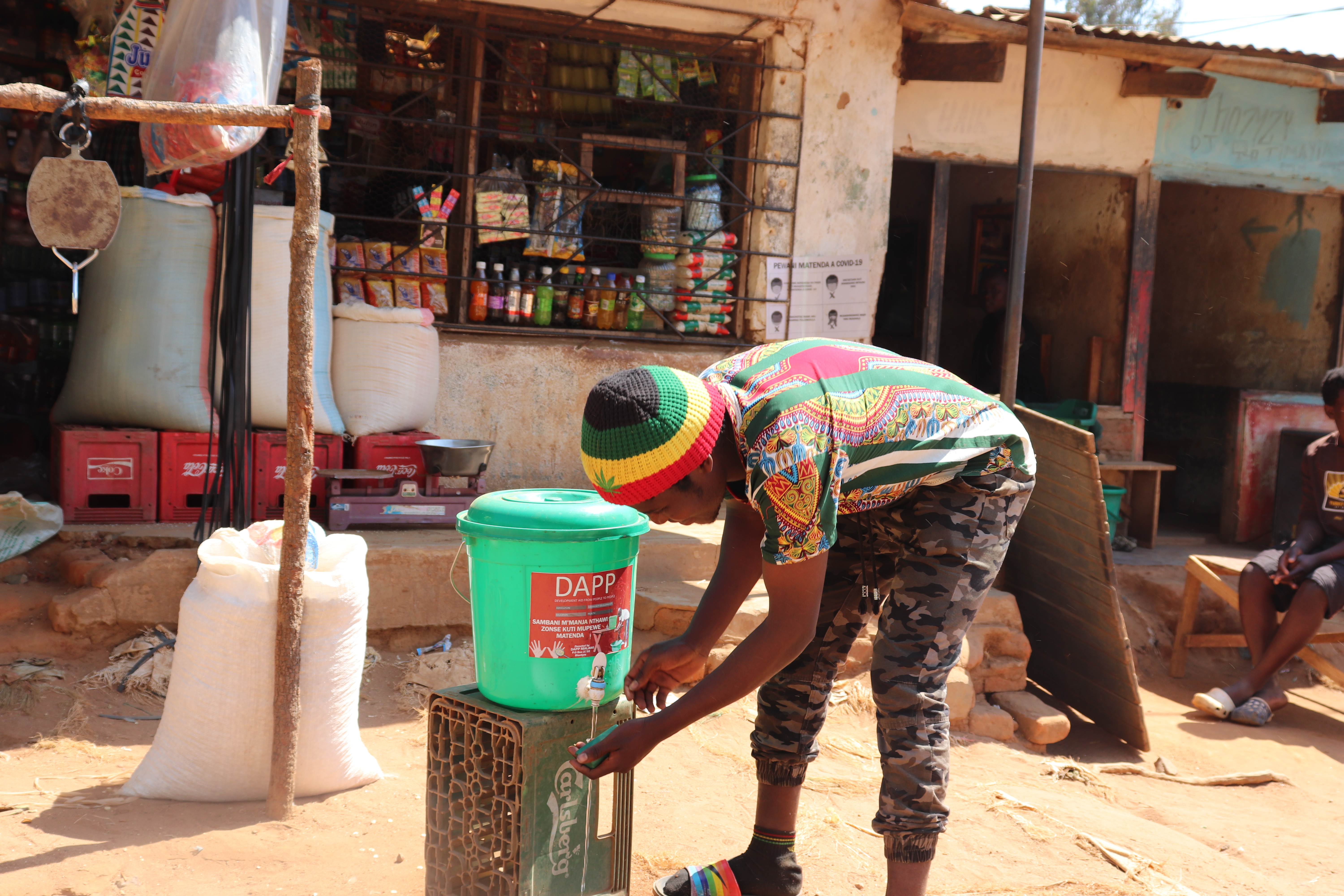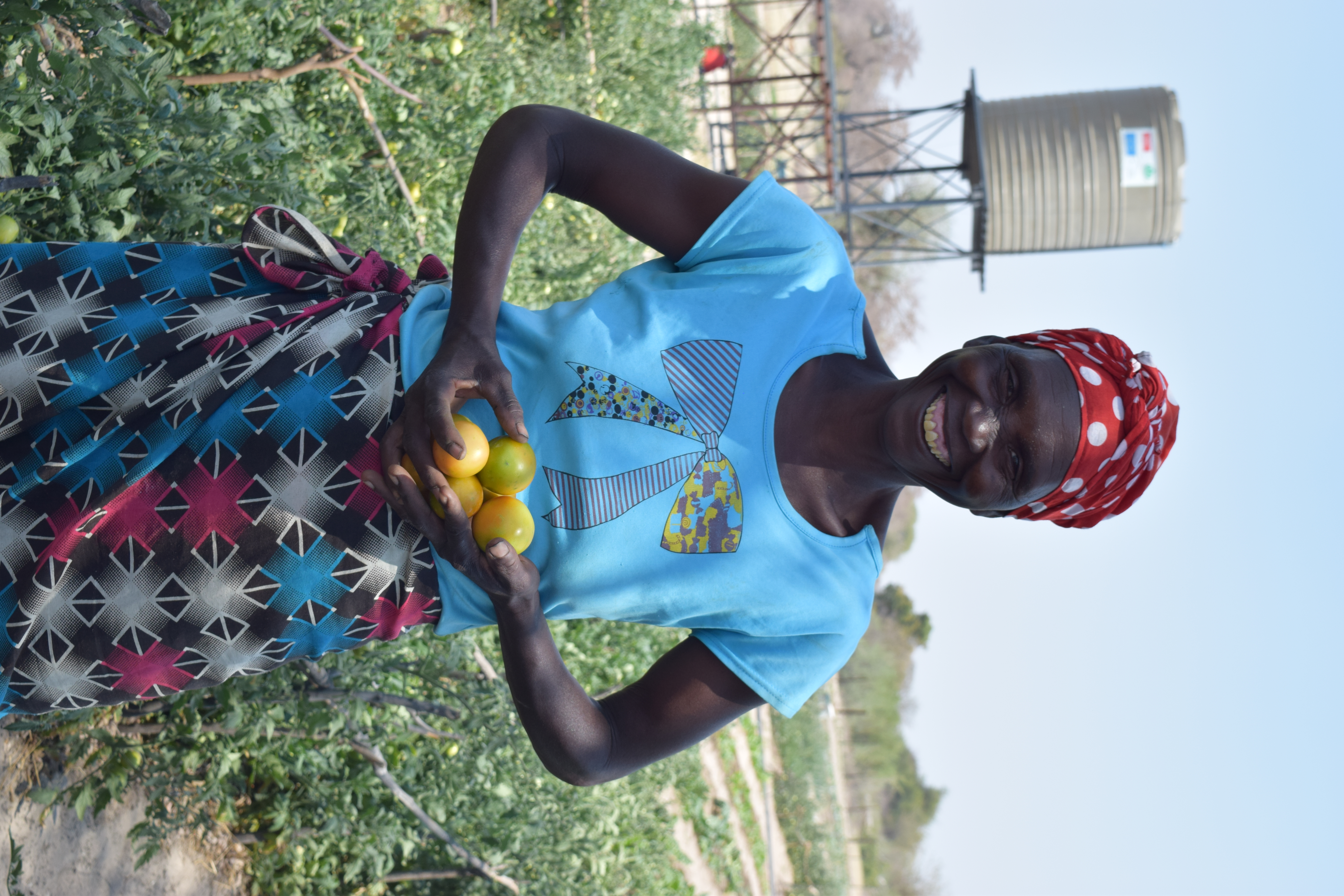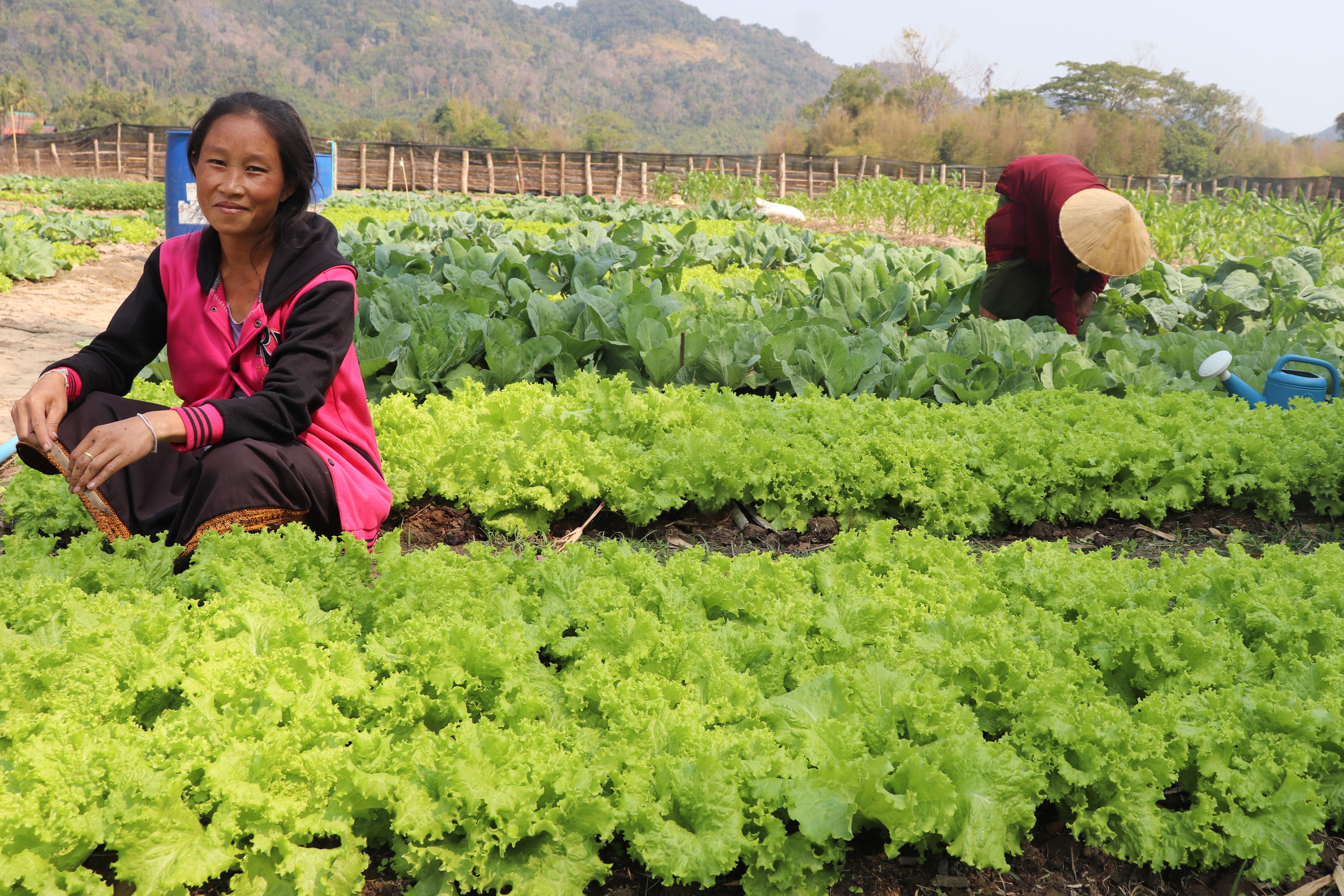Members of Humana People to People are actively engaging communities where they operate in improving water and sanitation conditions. Community-based structures are formed and charged with organising actions, raising awareness, supporting efforts on access to clean water, and improving community and household hygiene practices. The Water and Sanitation and Health committee is a special community-based and people-led structure under Humana People People’s Child Aid and Community Development programmes, responsible for clean water provision, improving community and household sanitation conditions.
In Malawi, DAPP Malawi is responding to the long-term effects of Cyclone IDAI through the Child Aid Neno project that supports communities to implement recovery activities on sanitation and hygiene, creating a conducive environment so children can be free from communicable disease outbreaks. A tangible change has been made amongst the people engaged at Child Aid Neno project as testified by Village Action Group Chairman, Richard Mano.
“The water and sanitation activities have opened our eyes to realise that organised community structures greatly assist in identifying and dealing with the challenges we face. As a group we agreed with all families involved to set-up hand washing facilities next to each latrine made in our individual households.”
Through water provision and sanitation interventions in various countries, Humana People to People projects established water supply infrastructures, built the capacity of communities to utilise water efficiently, and trained volunteers to repair and rehabilitate water pumps. Most water-driven projects integrate horticulture production activities as part of water management and nutrition awareness among the most affected communities.
Humana People to People’s Farmers’ Clubs programme builds capacity of small-scale farmers’ to adopt sustainable farming practices. Water is a crucial component in farming. The programme raises awareness among farmers to adopt water conservation techniques in horticulture production.
Many farmers have established gardens, creating family resilience against hunger through a constant supply of healthy vegetables. Farmers are encouraged to adopt improved watering methods such as small-scale irrigation systems, and to invest in solar-powered water pumps.
DAPP Namibia has worked with 1,000 small-scale farmers in the northern part of the country. The synergies of organised farmers’ group settings form the foundation of sustainable capacity development. Training farmers in horticulture production has helped many rural small-scale farmers in Namibia to adopt conservation agriculture in vegetable production.
A farmer actively involved with Farmers’ Clubs in Namibia explains: “Gaining knowledge in horticulture farming has helped us to fight malnutrition. Our children’s bodies are looking healthy. We knew that vegetables are nutritious, but now we can see it with our own eyes.”
Gender equity is a cross-cutting element in Humana People to People community programmes. Even more important when talking about water, women and girls bear the brunt of water shortages. They are the ones carrying water for long distances, and they are the ones responsible for the hygiene in the families.
Women are represented in at least 50% of the Water and Sanitation Committee positions. Giving women a voice in water issues has been a priority on water provision among the people and communities engaged at Humana People to People projects.
Humana People to People supports the most affected people with effective low- cost technology and environmentally friendly initiatives. These approaches have resulted in a marked increase in water utilisation efficiency, contributing to conserving this precious scarce resource. Furthermore, it has seen the adoption of climate change knowledge and subsequently, climate change adaptation techniques.





